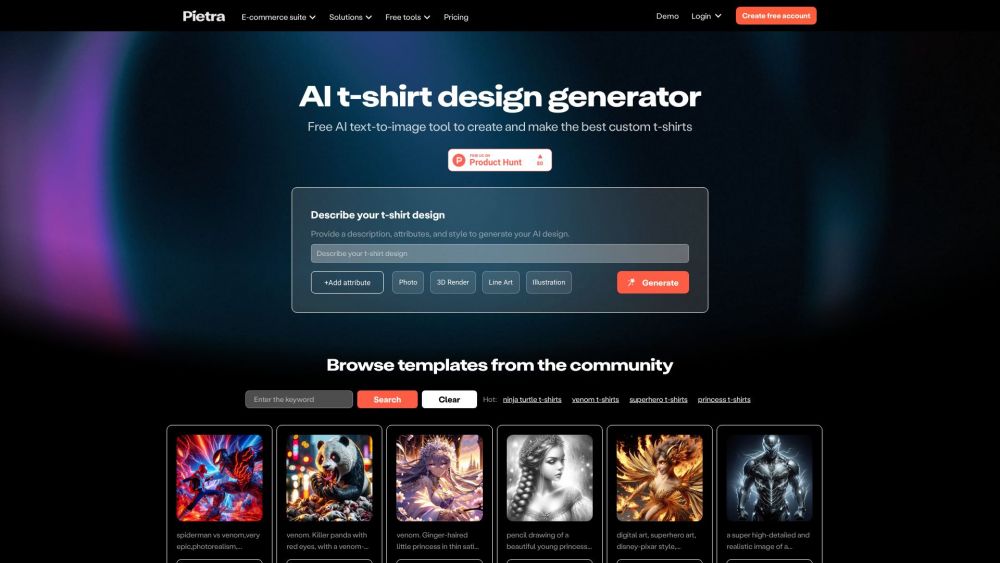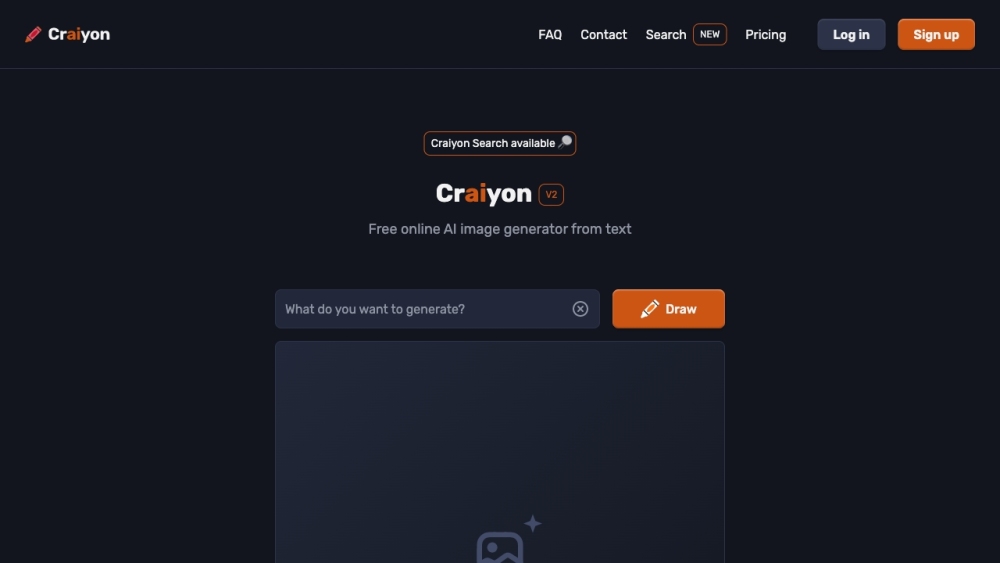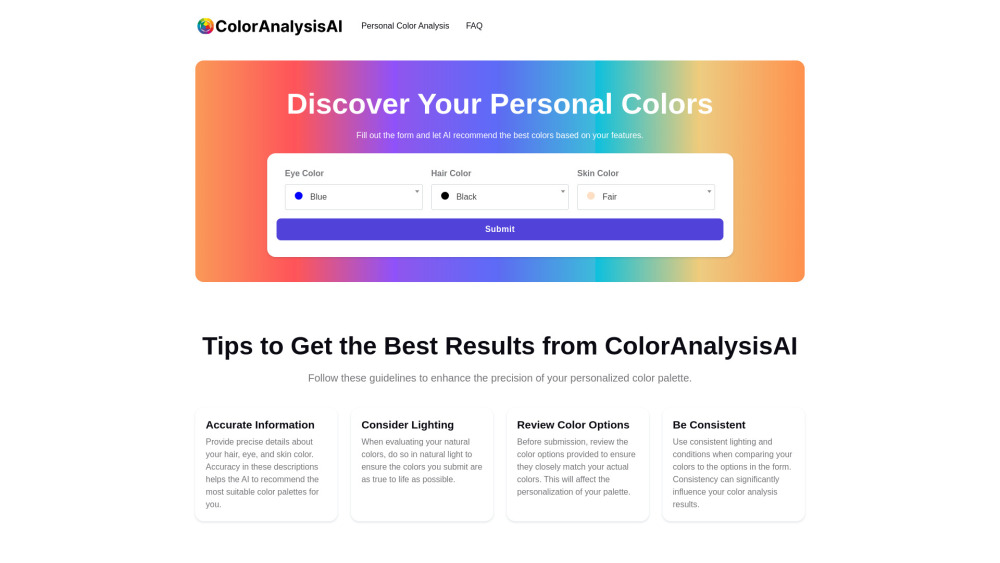Ex-Tesla Humanoid Head Launches Innovative Robotics Startup
Most people like

Unleash your creativity by designing and personalizing t-shirts using cutting-edge AI technology. Transform your ideas into stunning apparel that stands out, allowing you to express your individuality effortlessly. Discover how AI can revolutionize your t-shirt designing experience today!

In today's fast-paced digital world, having a high-speed video converter is essential for anyone looking to enhance their multimedia experience. Whether you're a content creator, filmmaker, or casual user, this powerful tool allows you to convert and compress video files quickly, without compromising quality. Unlock new possibilities for editing, sharing, and enjoying your videos with the right high-speed converter at your fingertips.

Previously known as DALL·E mini, Craiyon is the new kid on the tech block and the best AI art generator (in our community’s words!). The brainchild of our CEO, lead researcher, and AI hero, Boris Dayma, Craiyon is a free AI image generator that’s painting a new generation for the AI art revolution through our own model.

Discover personalized AI color palette recommendations tailored to your unique features! By analyzing your inherent traits, our innovative technology suggests colors that not only complement your appearance but also enhance your personal style. Say goodbye to guesswork and embrace a wardrobe that reflects your individuality with our expert AI-driven color insights.
Find AI tools in YBX
Related Articles
Refresh Articles
